Diaz-Canel accuses 'Cuban-American mafia' of orchestrating protests in Cuba
Cuban President Miguel Diaz-Canel has accused old Cold War foe the United States of inciting unrest in the Caribbean nation, calling on Cubans to stage counter-protests against “provocations,” as thousands have taken to the streets demanding his resignation amid a worsening economic crisis.
“We call on all revolutionaries of the country, all communists, to go out in the streets where these provocations occur," Diaz-Canel said in a televised address on Sunday.
He told government supporters, some of whom had already organized pro-government demonstrations in the capital city Havana, to rally "in a decisive, firm and courageous way."
Meanwhile, thousands of people—frustrated by the economic situation and the toughest phase of the coronavirus pandemic -- took part in rare protests in Havana and other cities on Sunday demanding Diaz-Canel step down.
“The energy situation seems to have produced some reaction,” the president told reporters in San Antonio de los Banos, blaming US sanctions imposed by former president Donald Trump and left unchanged by President Joe Biden.
The United States has maintained a harsh economic, financial and commercial embargo against Cuba for more than 60 years. Numerous resolutions by the United Nations General Assembly have indicated that the blockade is against international law.
Diaz-Canel, who also heads the Communist Party, accused “a Cuban-American mafia” of whipping up the protests on social media.
Previously, the US had devised a secret plan to build a social media project aimed at undermining the Cuban government, according to multiple reports. The mission was to reach hundreds of thousands of Cubans through a text-message social network called ZunZuneo — slang for a Cuban hummingbird's tweet.
The program was launched by the US government in hope that it would trigger anti-government protests that could bring about "regime change" in the Latin American country.
The "Cuban Twitter" project, which lasted from 2009-12, had attempted to conceal its links to US spy agencies through a series of shell companies. The plan was to use cellphone text messaging to evade Cuban authorities overseeing anti-government "provocations" by mercenaries.
The social media network was financed and operated through the US Agency for International Development, best known for overseeing billions of dollars in US government aid programs to other countries.
US aid programs are notorious for their ulterior agendas hidden behind them.
In light of the recent unrest, President Diaz-Canel acknowledged that many protesters were sincere but manipulated by US-orchestrated social media campaigns and “mercenaries” on the ground. He called on supporters to counter such “provocations,” which he said would not be tolerated anymore.
The US has recently further tightened the illegal embargo under the pretext of fighting the spread of the coronavirus.
Many Cubans have grown frustrated with the economic crisis and a surge in coronavirus cases.
The government has reiterated that the US embargo is impeding the country’s ability to purchase equipment and other supplies to deal with COVID-19 and is making the pandemic worse.
Despite the sanctions, Cuba has been developing five domestic COVID-19 vaccines, and last month announced that one of them, called Abdalla, was 92 percent efficient.
Washington quick to react
Meanwhile, Washington reacted swiftly to the protests in Cuba.
“The US supports freedom of expression and assembly across Cuba, and would strongly condemn any violence or targeting of peaceful protesters who are exercising their universal rights,” US National Security Advisor Jake Sullivan said on Twitter.
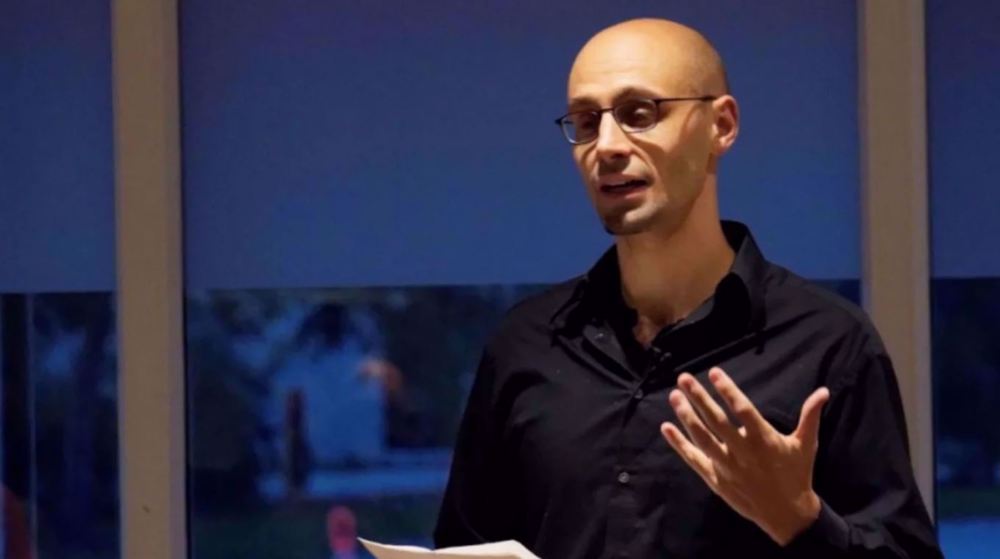
Canada arrests prominent activist over pro-Palestinian stance

US to seize 2nd Venezuelan plane held in Dominican Republic
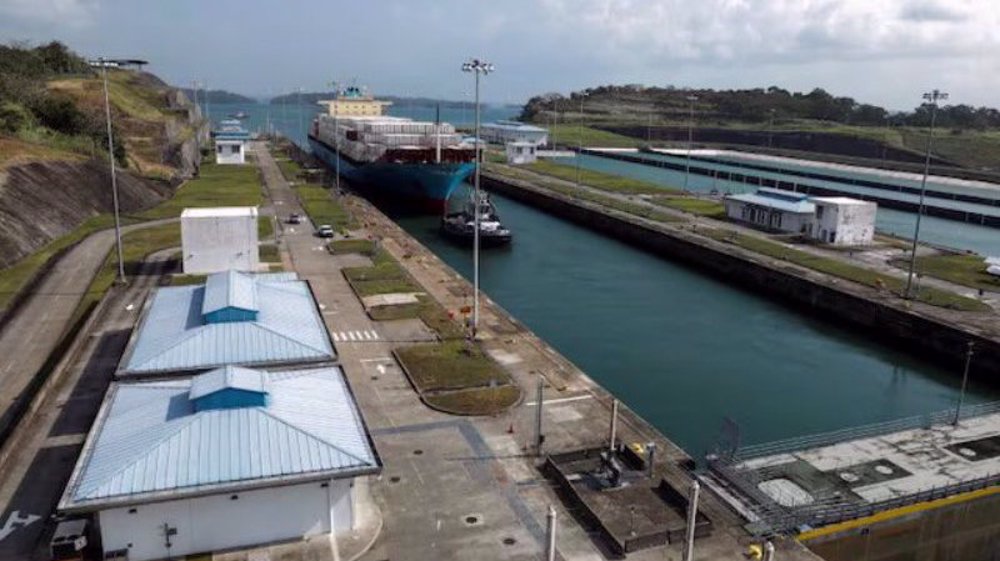
Panama Canal denies claim of free passage for US vessels
Two Israeli spying devices found, neutralized in southern Lebanon
Israel has ‘no choice but to start negotiations’ on 2nd phase of ceasefire: Hamas
Iranian intelligence forces bust Takfiri terror network, seize weapon cache
VIDEO | Press TV's news headlines
VIDEO | US police brutality
Palestinian prisoners freed as Hamas releases bodies of Israeli captives
Trump sparks outrage with AI-generated ‘Gaza Riviera’ video
VIDEO | World pays tribute to ‘victim of refusal’ to US-Israeli genocide






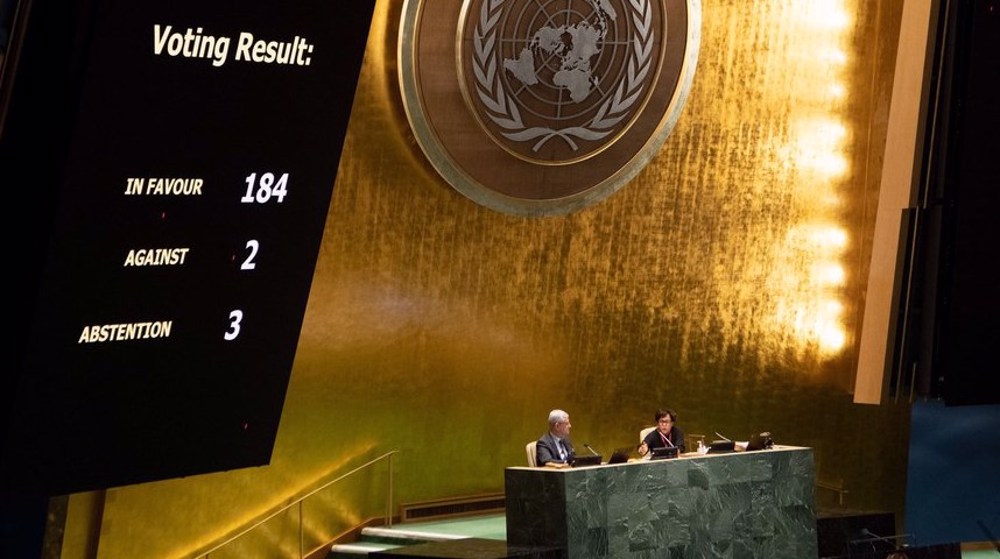
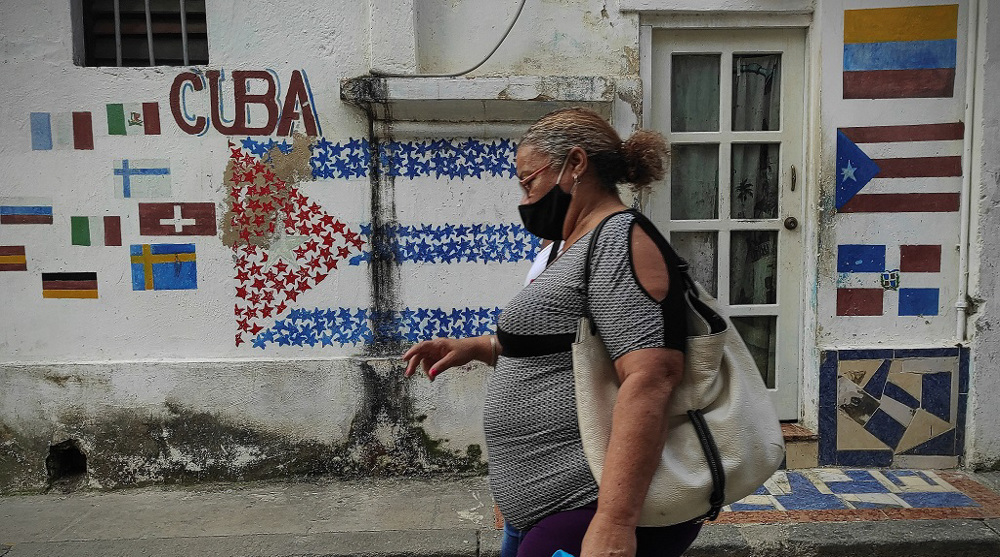
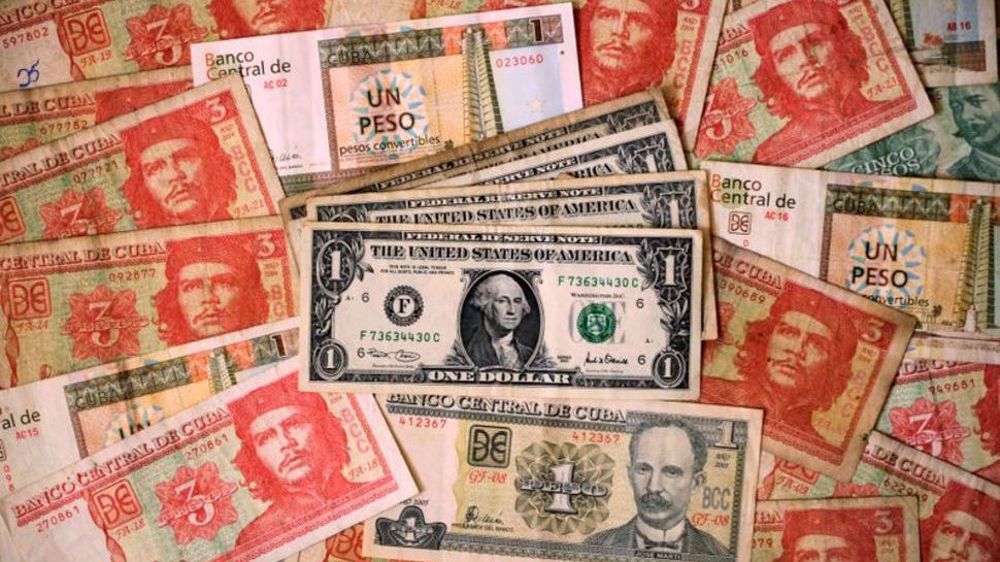
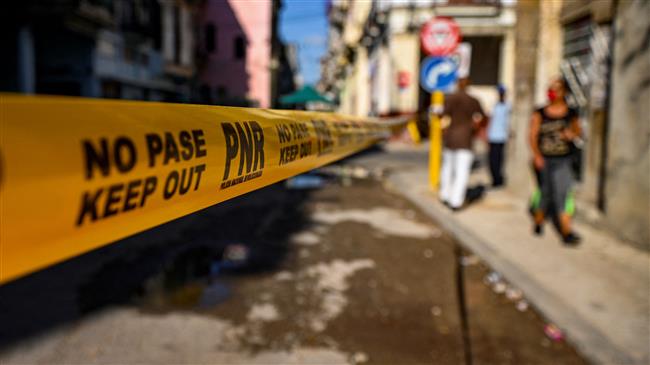

 This makes it easy to access the Press TV website
This makes it easy to access the Press TV website